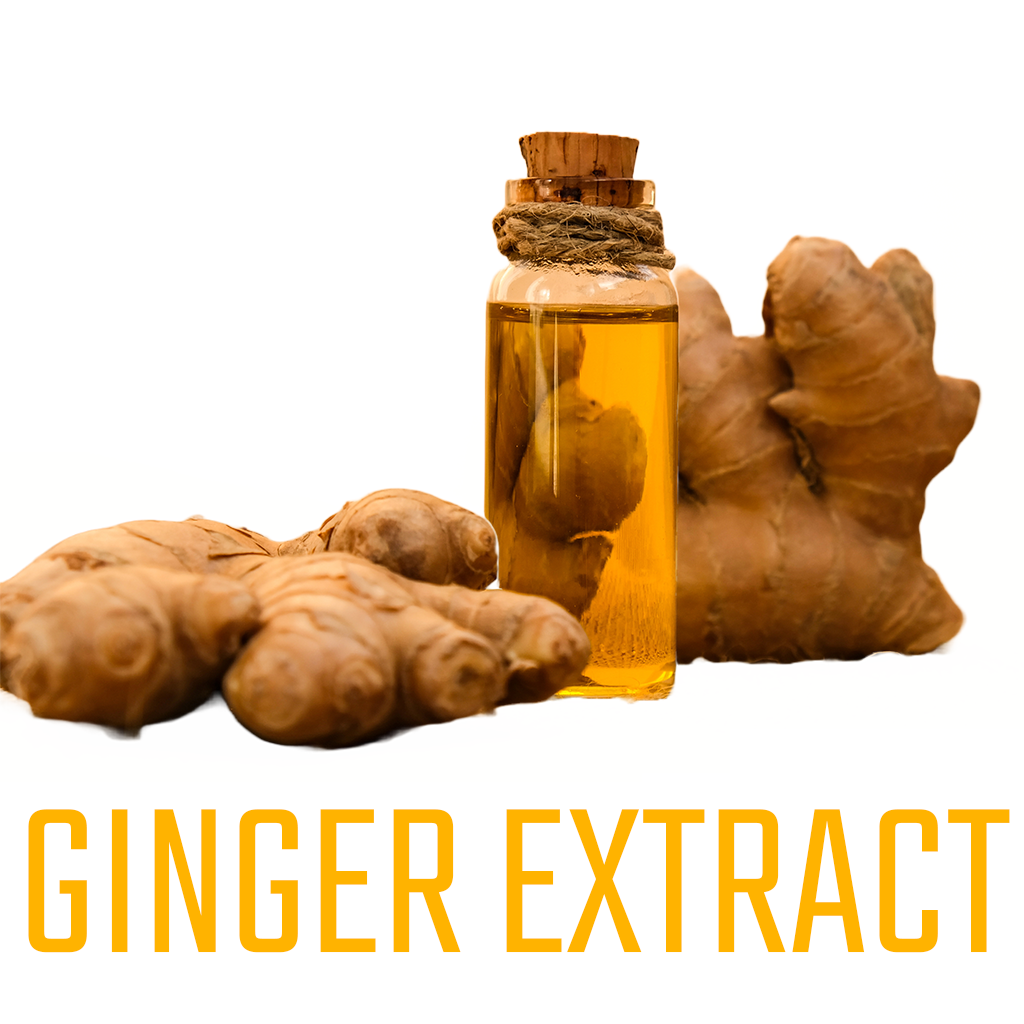
The Benefits of Ginger Extract for Inflammation and Digestive Health
Ginger is a popular spice that has been used for centuries for its medicinal properties. One of the most well-known benefits of ginger is its ability to reduce inflammation and improve digestive health. In this blog post, we’ll explore the uses of ginger extract and how it can benefit your health.
What is Ginger Extract? Ginger extract is a concentrated form of ginger that is extracted from the root of the ginger plant. It contains the active compound gingerol, which is responsible for its many health benefits. Ginger extract is available in many forms, including capsules, teas, and tinctures.
Benefits of Ginger Extract for Inflammation Inflammation is a natural process that occurs in the body in response to injury or infection. However, chronic inflammation can lead to a variety of health problems, including heart disease, cancer, and autoimmune disorders. Ginger extract has been shown to have anti-inflammatory properties, which can help reduce inflammation in the body. One study found that taking a ginger extract supplement reduced markers of inflammation in people with osteoarthritis.
Benefits of Ginger Extract for Digestive Health Ginger extract is also well-known for its digestive benefits. It can help relieve nausea and vomiting, including those caused by pregnancy, chemotherapy, and motion sickness. Ginger extract has also been shown to improve digestion by increasing the production of digestive enzymes and reducing inflammation in the digestive tract. One study found that taking a ginger extract supplement reduced symptoms of indigestion by 41%.
How to Use Ginger Extract Ginger extract is a versatile supplement that can be used in many ways. It can be taken as a capsule, added to tea or other beverages, or used as a cooking ingredient. It’s important to follow the dosage instructions on the supplement label and talk to your healthcare provider before taking any new supplements.
In conclusion, ginger extract is a natural and effective way to reduce inflammation and improve digestive health. Whether taken as a supplement or added to your diet, ginger extract can help support your overall health and well-being.
Bibliography:
- Grzanna, R., Lindmark, L., & Frondoza, C. (2005). Ginger—an herbal medicinal product with broad anti-inflammatory actions. Journal of Medicinal Food, 8(2), 125-132.
- Marx, W., Ried, K., McCarthy, A., Vitetta, L., Sali, A., McKavanagh, D., & Isenring, E. (2015). Ginger—Mechanism of action in chemotherapy-induced nausea and vomiting: A review. Critical Reviews in Food Science and Nutrition, 55(5), 625-636.
- Rahnama, P., Montazeri, A., Huseini, H., Kianbakht, S., & Naseri, M. (2012). Effect of Zingiber officinale R. rhizomes (ginger) on pain relief in primary dysmenorrhea: A placebo randomized trial. BMC Complementary and Alternative Medicine, 12(1), 92.
- Wong, S., Lo, C., Chau, F., & Yu, X. (2011). Curcumin and ginger attenuate oxidative stress, inflammation, and apoptosis in the hearts of rats exposed to chronic intermittent hypoxia. International Journal of Molecular Sciences, 12(10), 6267-6280.
